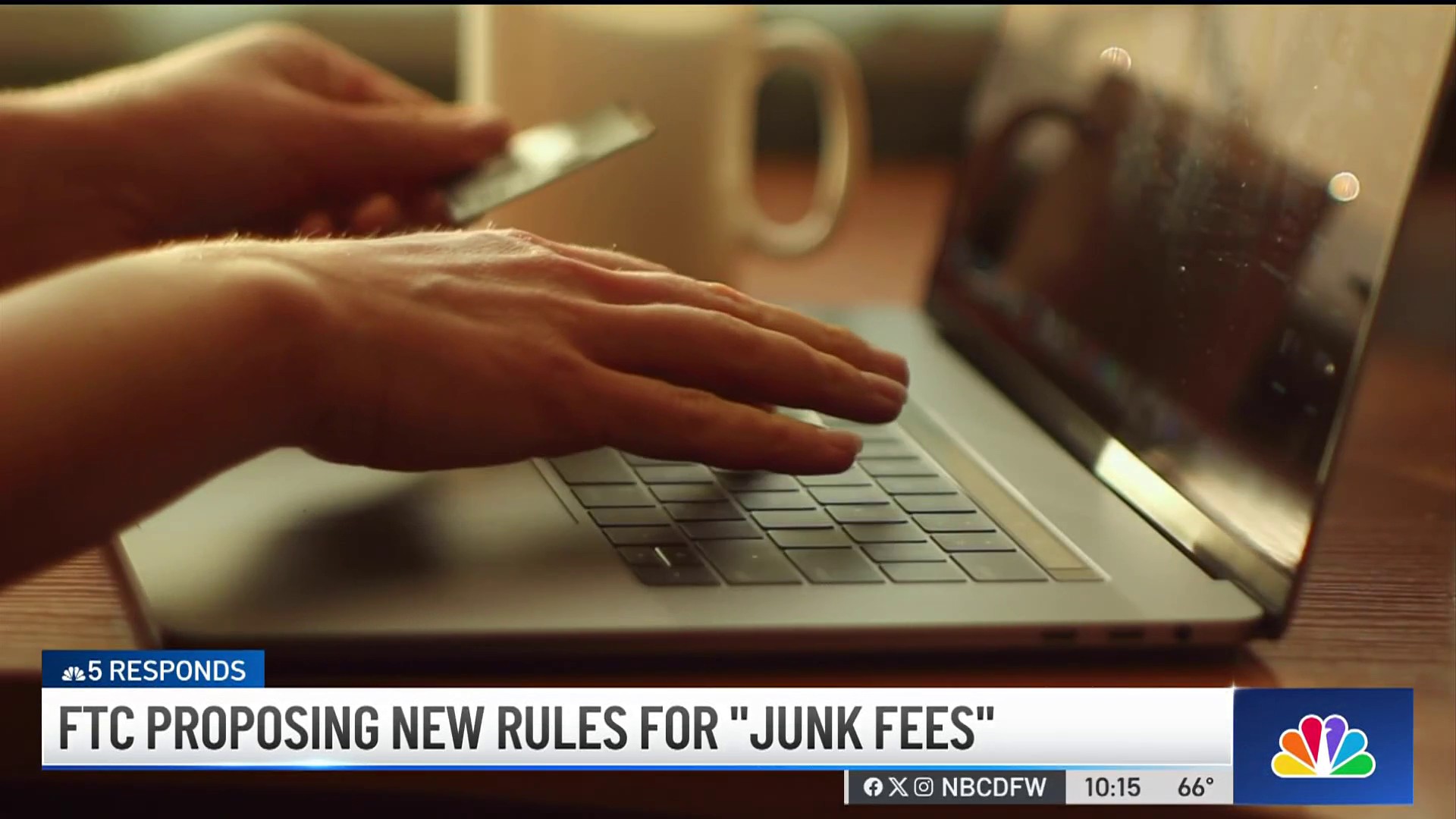By now, you know federal student loan payments have started. For some North Texans, this would be the first time they’re making a payment since a pause in interest and payments began in 2020.
With millions of people navigating the restart, you may find yourself waiting on hold if you call with questions. Read on for how borrowers can find answers and avoid scams.
MILLIONS NAVIGATING RESTART
If you haven’t made a federal student loan payment over the last three years and have questions for your loan servicer, you are not alone.
Get DFW local news, weather forecasts and entertainment stories to your inbox. Sign up for NBC DFW newsletters.
“There are consumers who are trying to get through to their servicers and are experiencing long wait times on their calls,” said Lorelei Salas, assistant director in the Consumer Financial Protection Bureau’s Office of Supervision Policy.
“We have complaints from consumers who are waiting three to six hours to talk to someone and at the end of that very long wait, the call gets dropped,” Salas added.
According to the CFPB, borrowers seeking financial relief also face challenges.
Salas explained, "There are borrowers who qualify for cancellation of their debt pursuant to the public service loan forgiveness program. However, when they're trying to reach their servicers, when they are able to get through, they are told that in many cases they'll have to wait until 2024 or several months because they need to do a manual review of some of those applications."
The CFPB said it is monitoring complaints. The CFPB said it reaches out to companies with complaint information from consumers and reviews complaints to identify patterns.
FINDING ANSWERS ONLINE
The National Association Of Student Financial Aid Administrators explains borrowers can tackle some questions online.
“One area that servicers are putting a lot of focus on is self-service. Much of what borrowers want to do such as checking their balances, looking for their payment due dates, authorizing auto debits can be done online,” said NASFAA’s Director of Government Relations Rachel Rotunda.
By now, borrowers would have received communication from their loan servicer about return to repayment. If you haven’t, go to www.studentaid.gov.
Borrowers use their FSA ID to log in. This would be the same one borrowers created when applying for financial aid.
The account dashboard lists the servicer handling your loan. From there, Rotunda explains you can go to the servicer’s website and set up an account.
“We have had borrowers during the payment pause over the last three years who have had their loans transferred to a new servicer and, in some cases, to a new servicer more than once,” said Rotunda.
If you’re looking for more information about income-driven repayment plans or loan consolidation, you can start with the Office of Federal Student Aid’s Online Loan Simulator. It will ask about factors like income and family size to guide you.
If you still have questions, Rotunda said set aside some time to make your phone calls, “Being patient and diligent and continuing to try to get through, I think is really important.”
AVOID REPAYMENT SCHEMES
The Federal Trade Commission said borrowers should beware of criminals capitalizing on any confusion right now. The FTC said avoid anyone who promises special access to a repayment plan or fast loan forgiveness.
“Loan forgiveness programs take time to process, take time to apply for,” explained Matthew Wilshire with the FTC.
Wilshire said consumers should never give out their FSA ID or password.
The Department of Education said it and legitimate loan servicers will never ask for it.
Also, know that companies are not allowed to charge an advance fee for debt relief.
“Loan relief companies and debt relief companies cannot charge you an upfront fee before they actually get you any debt relief or at least a break on your payment schedule,” said Wilshire.
The Department of Education says borrowers don’t have to pay for help with federal student aid. Loan servicers can help consolidate or manage repayment plans.
According to the Office of Federal Student Aid's tips to avoid scams, e-mails will only come from these addresses: noreply@studentaid.gov; noreply@debtrelief.studentaid.gov; ed.gov@public.govdelivery.com.
Text messages would only come from 227722 or 51592.
Keep this in mind if you get a text or email from anyone else. If they claim to work for the Department of Education, it’s likely a scam. Don’t trust phone calls even if the caller ID looks like it’s coming from a legitimate source. The caller ID can be “spoofed”. As the FCC explains, that’s when a caller falsifies the information transmitted to your caller ID to disguise their identity.
NBC 5 Responds is committed to researching your concerns and recovering your money. Our goal is to get you answers and, if possible, solutions and a resolution. Call us at 844-5RESPND (844-573-7763) or fill out our customer complaint form.
Get DFW local news, weather forecasts and entertainment stories to your inbox. Sign up for NBC DFW newsletters.



